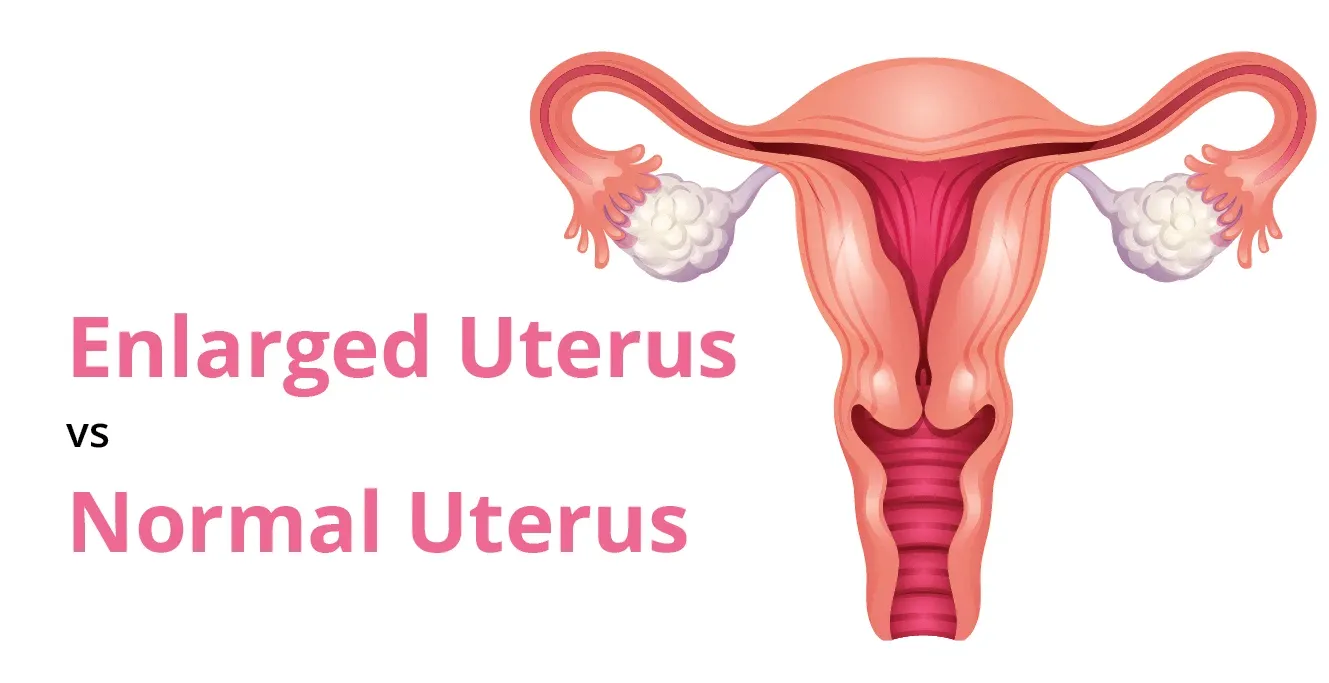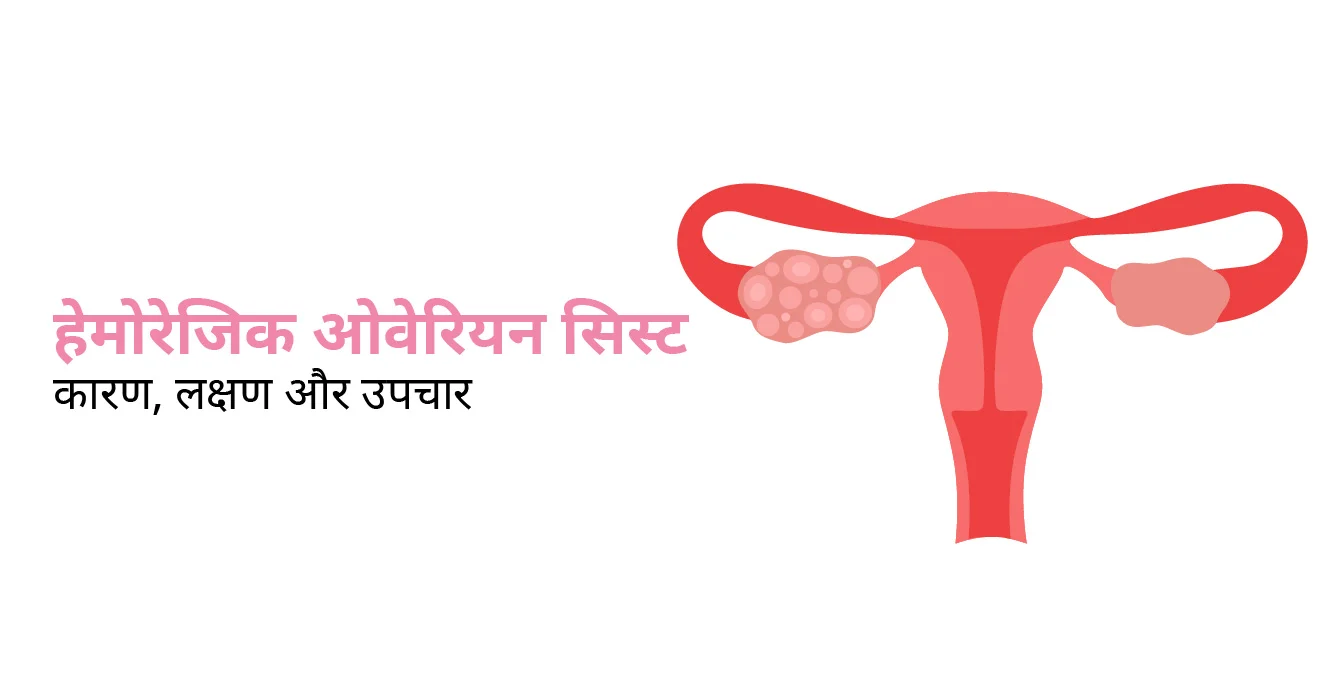
What is MRKH Syndrome

Table of Contents
Mayer Rokitansky Küster Hauser syndrome or MRKH syndrome is a congenital disorder that affects the female reproductive system. It causes the vagina and uterus to be underdeveloped or absent. This condition occurs due to problems during foetal development.
Usually, the external female genitals are not affected by this condition. The lower vagina and vaginal opening, the labia (lips of the vagina), clitoris, and pubic hair are all present.
The ovaries and fallopian tubes usually function normally, and breasts and pubic hair also develop normally. However, in certain cases, the fallopian tubes may be affected.
Women who have MRKH syndrome cannot naturally carry a pregnancy because they have an absent or underdeveloped uterus.
Types of MRKH syndrome
There are two types of MRKH syndrome. Type 1 is more limited in its effects, while Type 2 affects more parts of the body.
Type 1
If the disorder affects only reproductive organs, it is called MRKH syndrome Type 1. In Type 1, the ovaries and fallopian tubes function normally, but the upper vagina, cervix, and uterus are usually missing.
Type 2
If the disorder also affects other parts of the body, it is called MRKH syndrome Type 2. In this type, the above symptoms are present, but there are also issues with the fallopian tubes, ovaries, and non-reproductive organs.
Symptoms of MRKH syndrome
The severity of the symptoms differs between different cases. In most cases, the first apparent sign of MRKH syndrome is if menstruation does not take place by age 16.
Type 1 MRKH syndrome symptoms include the following:
- Painful or uncomfortable sexual intercourse
- Difficulty in having sexual intercourse
- Reduced depth and width of the vagina
- Absence of menstrual periods
- Infertility or reduced fertility due to issues with reproductive development
- Inability to carry a pregnancy
While Type 2 MRKH syndrome symptoms are similar to the ones mentioned above, it also affects other parts of the body. These effects might include:
- A non-functional kidney, missing kidney, or kidney complications
- Problems with skeletal development, usually in the spine
- Loss of hearing
- Structural defects in the ear
- Heart conditions
- Complications related to other organs
- Underdevelopment of the face
Causes of MRKH Syndrome
The exact cause of MRKH syndrome is not certain. It is considered to be genetic in nature or a combination of genetic and environmental factors.
MRKH is caused by a problem in the development of the reproductive system during foetal development. However, it is not certain why this happens.
The reproductive system forms during the initial few weeks of foetal development. This is when the uterus, upper vagina, cervix, and Mullerian ducts form.
The development of the ovaries takes place separately, explaining why there is usually no problem with the ovaries in Type 1 MRKH Syndrome.
Diagnosis of MRKH syndrome
MRKH symptoms can be evident at the outset in certain cases. For instance, if there is a dimple in place of a vaginal opening, this is a clear indication of MRKH.
However, in many cases, the symptoms are not as immediately apparent. Usually, if a girl does not get her first menstrual period, this is considered the first sign.
To diagnose MRKH syndrome, your gynaecologist or OBGYN will perform a physical exam. This will involve checking the vagina to measure its depth and width. Since MRKH usually causes a shortened vagina, this is another indicator.
Your gynaecologist will then prescribe imaging tests like an ultrasound or an MRI (magnetic resonance imaging) scan to check if other organs are affected.
The imaging tests would check the condition of other parts of the body, such as the ovaries, fallopian tubes, uterus, and kidneys.
The gynaecologist may also suggest a blood test to check your hormone levels. This is to check the functioning of ovaries since MRKH Syndrome can sometimes affect these as well.
Treatment of MRKH syndrome
The treatment for MRKH syndrome includes surgical and nonsurgical options. These include vaginoplasty, vaginal dilation, and a uterine transplant.
When considering MRKH surgery, the cost is a factor to keep in mind. It is also recommended to discuss the risk factors with your surgeon.
Apart from treating organ abnormalities, MRKH syndrome treatment can also focus on ways to resolve symptom problems like fertility issues.
Vaginoplasty
A vaginoplasty is a surgical procedure that creates a vagina in the body.
The surgery creates a hole if there is no vaginal opening. If there is a lower vagina and vaginal opening, the surgery increases the depth of the vagina. The opening is then lined with tissue from another part of the body.
Vaginal dilation
In this procedure, the vagina is stretched using a tube-shaped dilator to expand its width and size.
Uterus transplant
A uterus transplant is a surgical procedure that installs a donor uterus inside a woman if she does not have a uterus.
While such transplants are rare, they can help a woman with MRKH syndrome carry a pregnancy.
Fertility treatment
Natural pregnancy is not possible if you have MRKH syndrome because the uterus is either absent or underdeveloped.
However, if your ovaries are functioning, IVF (in-vitro fertilisation) treatment is advised. In IVF treatment, your eggs will be fertilised with sperm, and the embryo will be transferred to another person to carry the pregnancy for you.
However, since MKRH syndrome is a genetic condition, there is a possible risk of passing on the condition to your child. It is thus best to discuss this option with your fertility specialist first.
Vaginal self-dilation
In this process, a woman is taught to self-dilate her vagina using small cylindrical or rod-shaped instruments. This is a gradual process, which is done with progressively larger-sized rods to stretch the vagina.
Other treatments
Since MKRH syndrome can affect different parts of your body, a multidisciplinary approach can be helpful in MRKH syndrome treatment.
This would involve coordinating different specialists such as gynaecologists, obstetricians, OBGYNs, kidney specialists (nephrologists), orthopaedic surgeons, physical therapists, and fertility specialists.
Along with this, psychological counselling can also be helpful.
Conclusion
MRKH syndrome causes issues with the development and functioning of reproductive organs. In the case of MRKH Type 2, it can also cause issues with different parts of the body like the kidneys and spine.
If you have MRKH syndrome, it is best to see a medical professional to understand your treatment options. Fertility is a major issue faced by women who have MRKH syndrome.
To get the best fertility advice and treatment for MRKH syndrome, visit Birla Fertility and IVF or book an appointment with Dr. Astha Jain
FAQs
Can you get pregnant with MRKH syndrome?
Natural pregnancy is not possible with MRKH syndrome. However, getting a uterus transplant can help you get pregnant by placing a uterus inside you. This is a major surgical procedure and is not performed often.
If your ovaries are functioning, IVF treatment can fertilise your egg with sperm. The embryo is then transferred to a person who will carry the pregnancy on your behalf.
How do persons with MRKH pee?
Persons having MRKH syndrome can pass urine because the urethra is not affected. The urethra is the thin tube that carries urine from the bladder to the outside of the body.
Our Fertility Specialists
Related Blogs
To know more
Birla Fertility & IVF aims at transforming the future of fertility globally, through outstanding clinical outcomes, research, innovation and compassionate care.
Had an IVF Failure?
Talk to our fertility experts

 Our Centers
Our Centers













